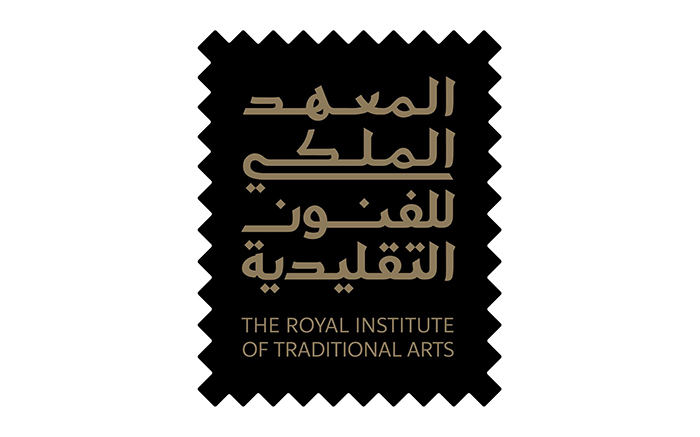The Royal Institute of Traditional Arts announced the opening of registration for its first six training courses. These courses will start in September and include wicker making with Khaws (palm leaves), Sadu weaving, hand embroidery, pottery making, in addition to an introductory course on UNESCO and a course on identifying and inventorying intangible cultural heritage based on the local community. These courses highlight the important role of the Institute in strengthening national capabilities and raising the level of awareness and knowledge in the fields of traditional arts.
Dr. Suzan Al-Yahya, Director General of the Royal Institute of Traditional Arts, stated in a press statement: “with the participation of a group of instructors in a number of majors, the Institute has designed specialized professional courses that are both interesting and fun for the trainees. We will take our trainees to advanced levels of knowledge, experience, and passion in the world of traditional arts. We also promise them an exciting experience, during which they will engage in rich practical experiences, and embark on an important educational journey that navigates them through our rich history and ancient culture”.
Dr. Suzan explained that the training courses are available at the Institute’s Riyadh headquarters to all citizens who are at least 18 years old. Those wishing to register can complete their registration through the Institute’s website https://trita.edu.sa.
The Institute was established as an initiative of the Quality of Life Program, one of the programs of the Vision Realization Office. Through these short training courses, the institute aims to raise the level of awareness on traditional arts and capacity building for passionate and ambitious young Saudis. Encouraging learning and practising traditional arts as living skills enables students and graduates to preserve and develop the rich cultural heritage of the Kingdom. In additional to developing their skills to enhance investment and growth opportunities, in line with the objectives of Vision 2030.


COMMENTS